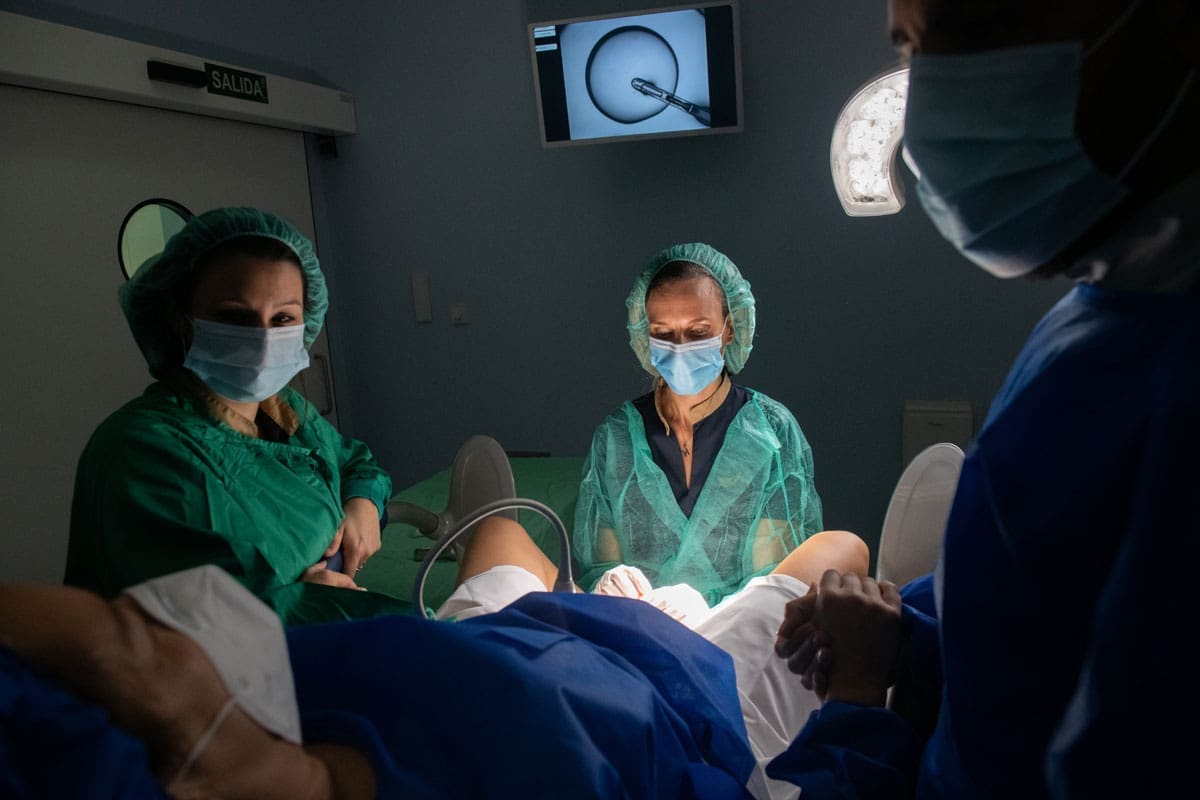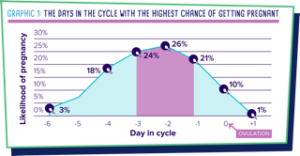The two basic tests.
Vitamin D levels should be above 75 nmol/L before transfer, and the TSH levels of your thyroid should be below 2.5, ideal between 1 and 2.5.
Hysteroscopy.
This is to rule out endometritis (not endometriosis), an infection or inflammation of the endometrial lining. It can also check for scar tissue, polyps, fibroids, or septum. Anything physical in the uterus that hinders implantation needs to be identified and addressed. Often, this is done with Emma + Alice biopsy
Reproductive immunology blood tests.
This is often done if there is any indication that the immune system is not balanced and is not recognising the embryo as’self’ and triggering an immune response. This can stop implantation from happening and cause first-trimester miscarriage. ( such as Natural killer cells)
Progesterone Blood Test.
If your levels are too low or your endometrial lining is not receptive to progesterone, you may need sub cutaneous progesterone injections
Vaginal Microbiome Testing.
If you have an imbalance of bacteria within the vagina, they can create an inflammatory environment, and studies show low vaginal lactobacillus has a link to first trimester miscarriage.

Sourcing & Support
All of these tests can be sourced privately, and some are available on the NHS, but you can also run them privately alongside NHS IVF.
If you need some guidance on what to do after a failed IVF cycle or about these tests, you can book a 1-on-1 Online Fertility Review with our Fertility Support Trained Acupuncturist.




